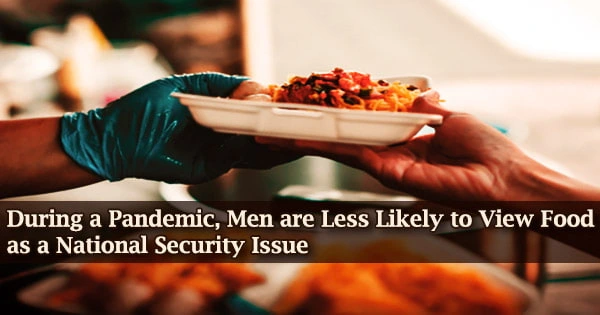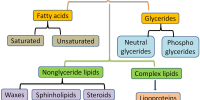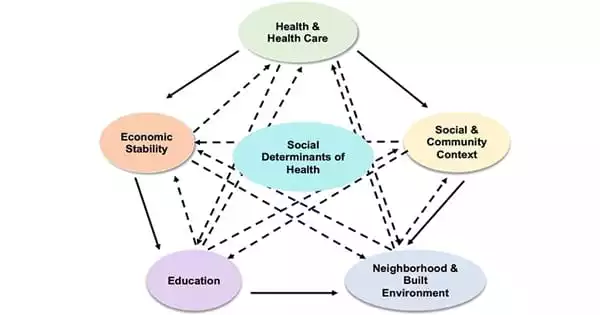According to a study led by a Washington State University researcher, men were often less sympathetic toward temporary agricultural workers, sometimes known as H-2A guest workers, and also less likely to view the production and supply of food as matters of national security.
The gender-related conclusion in particular stood out from the other study findings. Before and throughout the COVID-19 epidemic, the survey was done.
Jeff Luckstead, an assistant professor in the school of economic sciences at WSU, along with Rodolfo M. Nayga and Heather A. Snell, who are both from the University of Arkansas, published the study in the journal Applied Economic Perspectives and Policy.
Despite the gender peculiarity, the study discovered that generally speaking, people did change their minds about food being a national security concern during the pandemic. The crisis also made them more understanding of H-2A employees.
Researchers discovered that gender was important in other contexts as well. The majority of men thought that stay-at-home orders and their associated economic effects were unjustified.
Additionally, it was discovered that men thought local and state officials had overreacted by imposing shelter-in-place regulations. The study discovered that respondents’ political opinions on immigration remained unchanged.
“The surprising part was how gender played a strong role in influencing responses,” Luckstead said. “It was the only statistically significant factor for all the questions we asked.”
We wanted to sample a domestic audience who would most likely be candidates for agricultural field work. Domestic workers in his survey categories are vastly under-represented in the agricultural field work economy.
Jeff Luckstead
Luckstead, who focuses on agricultural trade and policy analysis, also investigates immigration’s impact on agriculture and food production.
The pool of responders was asked nine questions by Luckstead and his co-authors. Those that were asked both before and during the COVID-19 epidemic and questions that were only asked during the pandemic were divided into two sets.
The researchers asked participants to score their predisposition toward immigration policy from highly liberal to very conservative, among other things. In addition, they questioned respondents’ perceptions of the significance of agricultural food production amid the coronavirus epidemic.
Other inquiries looked at whether shelter-in-place orders were an example of overreacting or underreacting and whether any economic harm brought on by stay-at-home orders was appropriate.
The researchers excluded respondents with advanced degrees, retirees, and annual incomes of $50,000 or more.
“We wanted to sample a domestic audience who would most likely be candidates for agricultural field work,” Luckstead said. He added that domestic workers in his survey categories are vastly under-represented in the agricultural field work economy.
Overall, according to Luckstead, it is critical to comprehend how low-skilled domestic workers in this labor pool feel about food, food production, and food availability, particularly in the event of a pandemic.
It is crucial to comprehend why these domestic workers are severely underrepresented in agricultural field work, especially in light of the high employment rates brought on by the COVID-19 problem.
“It is interesting to see that while attitudes generally shifted because of the pandemic, gender really stood out as a significant difference in attitudes,” Luckstead said.
















